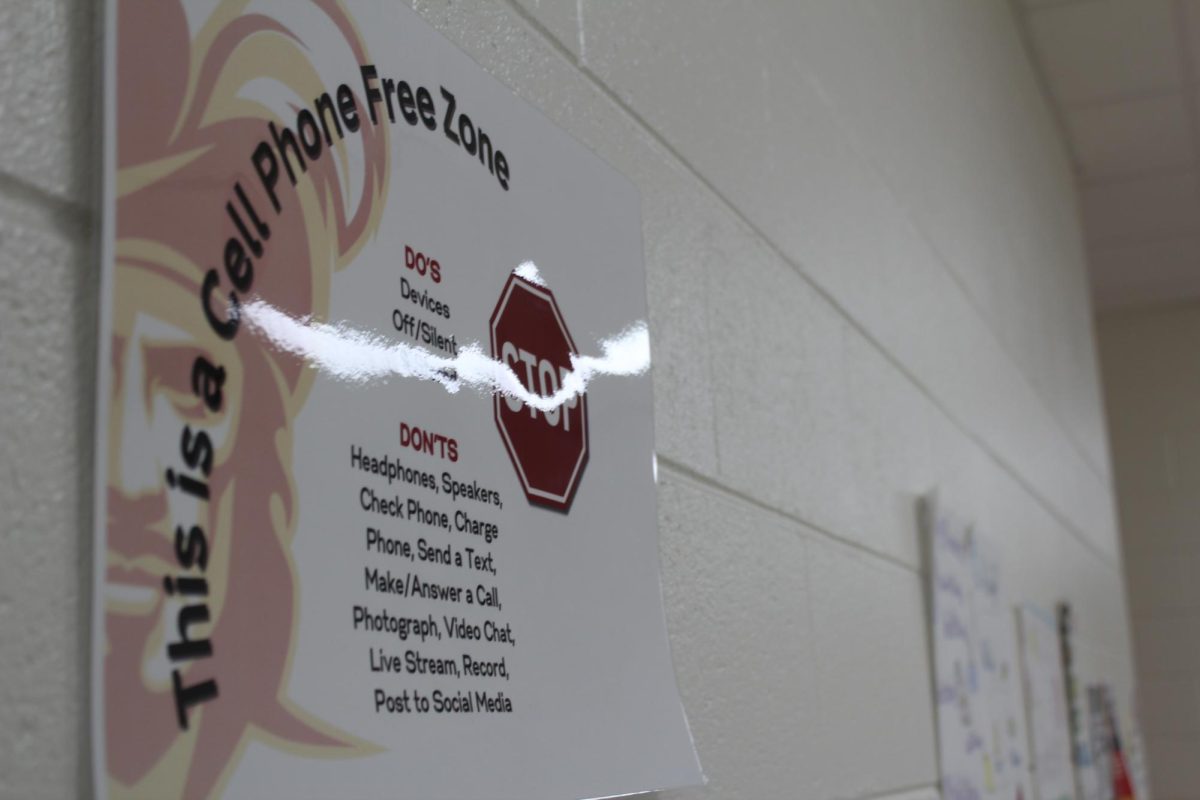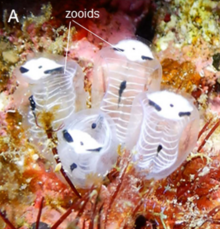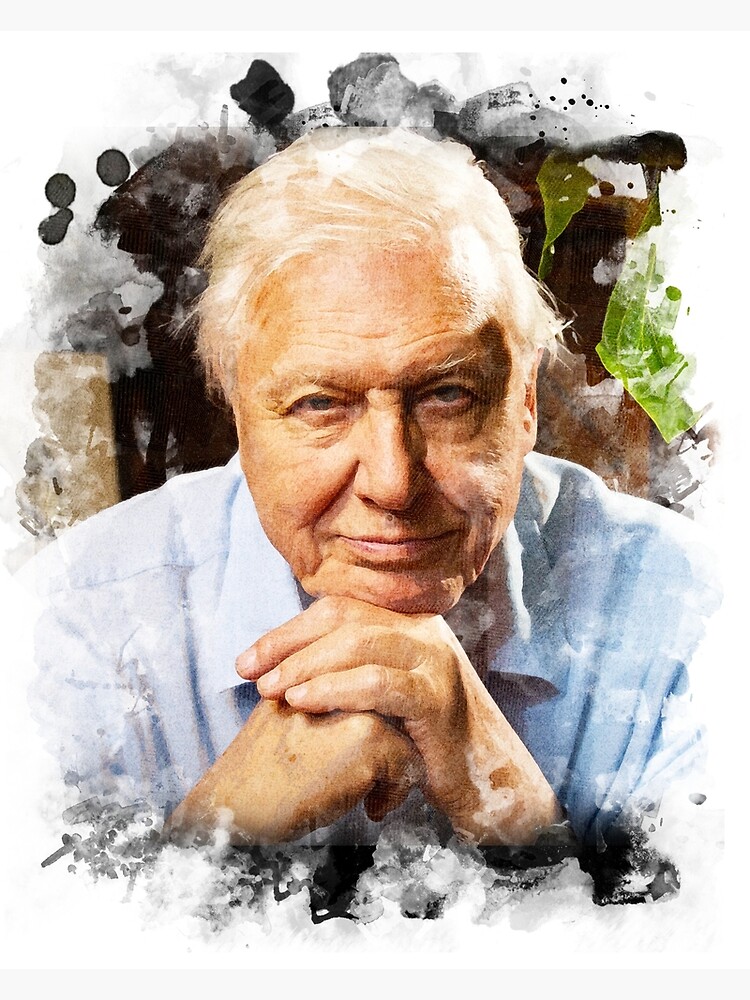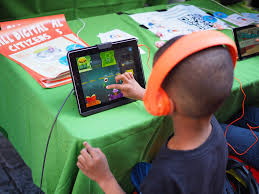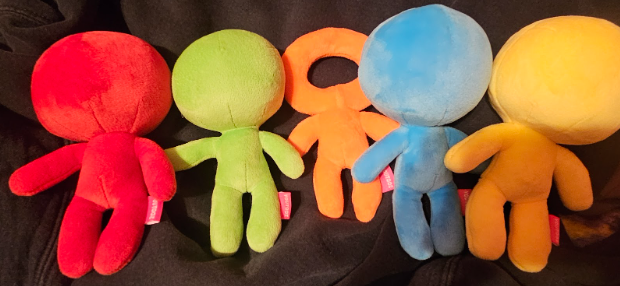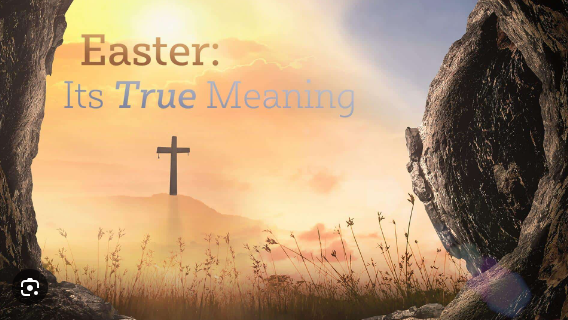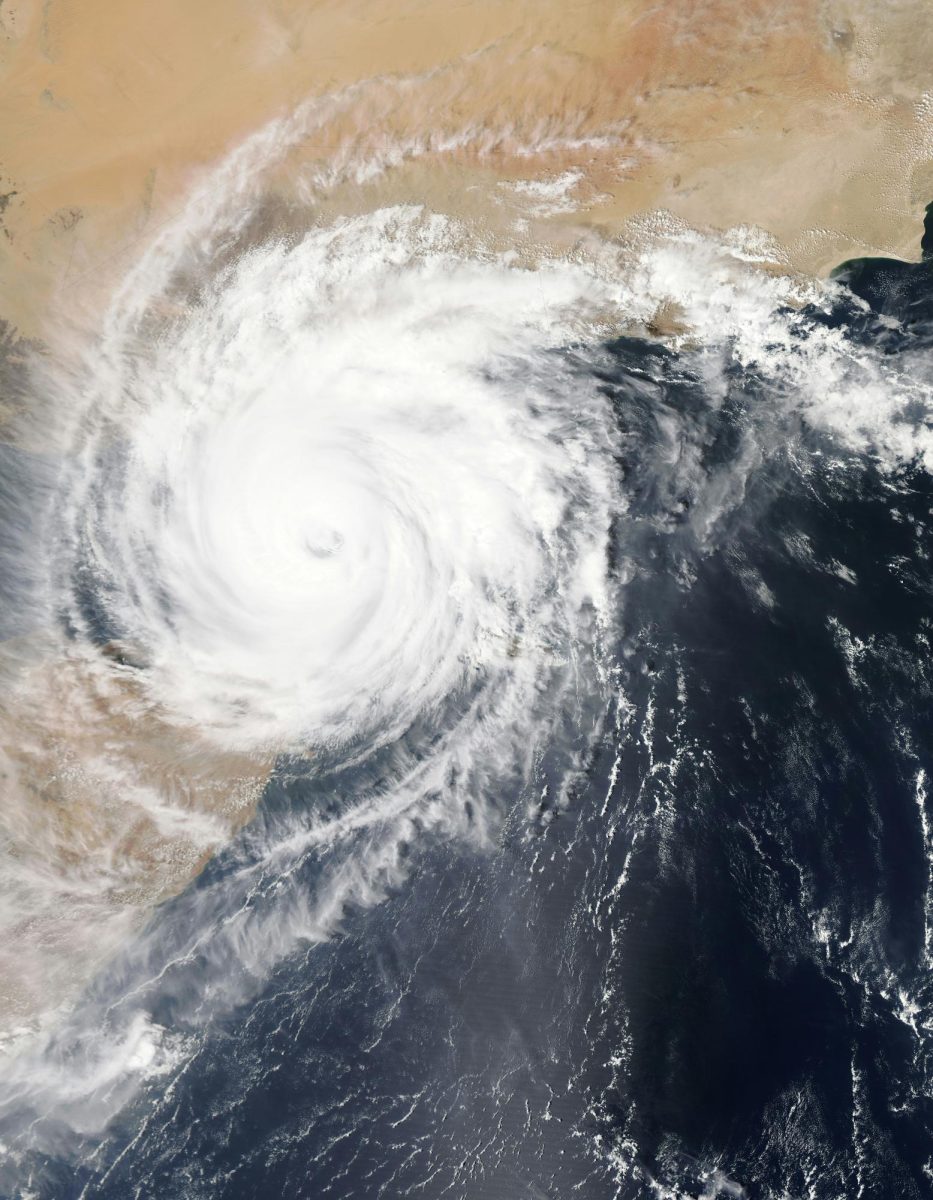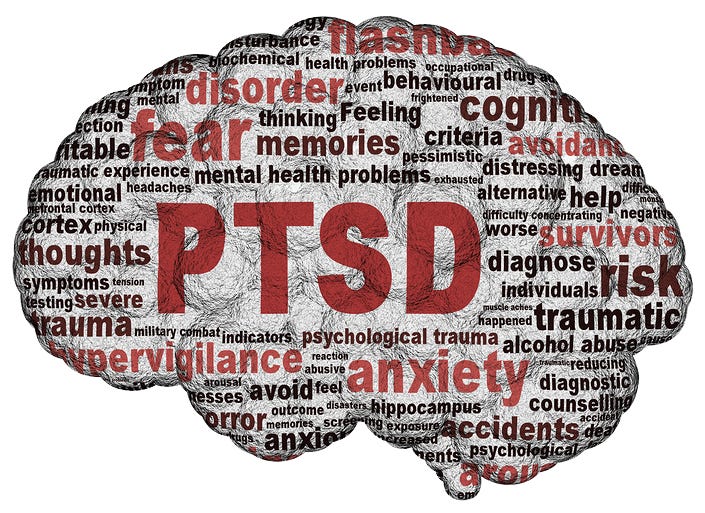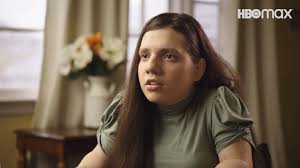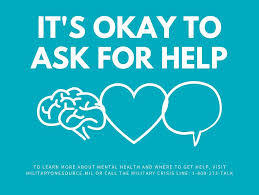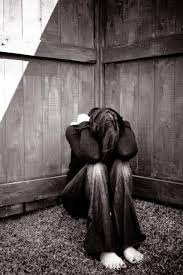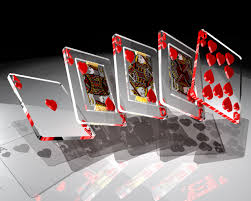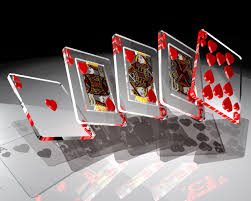Don’t Ignore The Signs Of PTSD
PTSD Image
December 21, 2022
Post Traumatic Stress Disorder, also well known as PTSD, is a condition of persistent mental and emotional stress occurring as a result of injury or severe psychological shock, typically involving disturbance of sleep and constant vivid recall of the experience, with dulled responses to others and to the outside world. Commonly many military or war veterans suffer from PTSD, so we interviewed Tech Sergeant Sean Michal Johnson about how PTSD has changed and affected his life and how he suffers, not just from experience in the military, but also from things in his childhood.
How has PTSD affected or changed your life?
Sergeant Johnson mentioned how it made him aware of issues with not being able to control emotions or certain things like that. Sergeant Johnson said that he loves to go out with his family to different places like the mall and Busch Gardens, but has a hard time with crowds due to it being stressful and has feelings of anxiety since he is unable to be in control at all times. Currently Sergeant Johnson has been learning the signs since being diagnosed with having PTSD and has been learning things that will be able to help him live life despite having PTSD.
Is it a more challenging life having PTSD then it is a normal life?
Despite everyone having a different form of PTSD, it can be a more challenging life compared to someone that is not diagnosed of having PTSD . While things like going into public places for someone without PTSD is commonly less stressful and doesn’t seem to be anything out of the normal, for people with PTSD like Sergeant Johnson it can be a stressful situation. Sergeant Johnson has mentioned how it is especially stressful when his two kids don’t realize what’s happening around them so he feels like he needs to step in and direct them.
Is there anything that stuck with you?
We asked Sergeant Johnson if it was ok if he could share some things that have been the cause of his PTSD, since for him it’s not just the military that contributed to his PTSD. Sergeant Johnson has mentioned how he was brought up from a young child with the saying “you don’t cry, rub some mud on it, suck it up, you complete what you need to do.” He was taught not to cry, and how he needed to be tough and don’t let anything bother you. The military usually breaks a person down and then builds them back up but stronger. This is how Sergeant Johnson had described joining the military and going to basic training to be like.
Any emotional expressions or relationships changed that before?
The only relationship that Sergeant Johnson had said that probably changed a bit was with his wife, Tara Johnson. It’s not like any love has fallen apart but they do seem to but heads a bit more than before in their past relationship. For expression of emotion, Sergeant Johnson has mentioned how he seems to get more hot headed a bit easier than before. As mentioned before, when beginning in a crowded area it’s stressful, and it’s also more common for him to get more irritated quickly. Like at his oldest child’s open house, his child is a student of Gloucester high School so with all of the people in this one high school together got a bit stressful for him and since it was a reaction he started taking control. For his child they weren’t happy that Sergeant Johnson was taking over another thing. This caused a typical teenage emotion and thus for Sergeant Johnson to get a bit frustrated at his child. Of course this was also before Sergeant Johnson’s diagnosis of PTSD, so his kid thought it was him just doing things he wanted to do.
Wise words from Sergeant Johnson
As the interview was coming to an end, we asked if Sergeant Johnson wanted to mention anything that we haven’t asked. He said to seek help if you think it’s necessary. Sergeant Johnson says “If you feel like you need help, get the help. Don’t shy from it, that’s what people are there for. You don’t want to bottle it too much cause again, picture a soda bottle you shake it up good and you just let it sit but you don’t realize when you crack the lid it pops and it explodes, and then you got a mess. Then it’s hard to clean up that mess. It’s too much. So get the help, even if you dont think it is, just go to a professional tell you, and your family to help you.”





